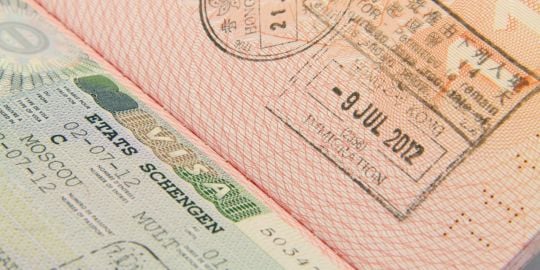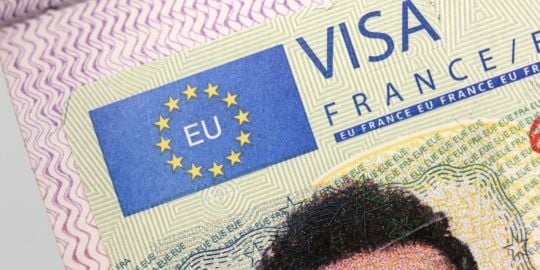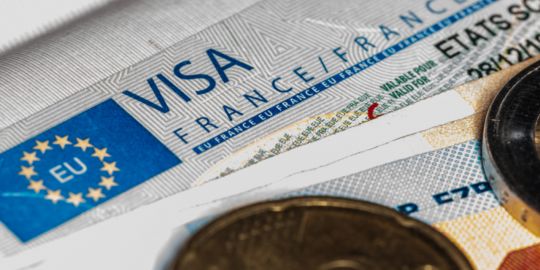Traveling to France

Whether you intend to move to France for a few months or indefinitely, you will find yourself immersed in a country defined by its diversity, culture and history. In recent years, accessing France has become easier, through the development of visa schemes for entrepreneurs and by the profusion of opportunities for those who are highly-skilled. Being part of the Schengen zone is also a strong selling point for France, since a single visa can now allow you to discover a whole host of destinations including Germany, Italy, Spain and Portugal, to name just a few.
Travelling to France
If you are travelling to France from the European Union, you have a range of transportation options at your disposal. Because there are no customs checks within the European Union, you can drive to France without any concerns for lengthy border checks. France and the rest of Europe have very well developed highways, and the construction of toll roads allows Europeans to drive easily from country to country, even though the tolls can add up during a long journey.
Alternatively, you can also travel via railway. In recent years, the operators of different countries have teamed up to make travel between European states ever more seamless. For example, you can easily travel from Paris to Turin, Amsterdam or Belgium by train. Many of the major cities of Europe can be reached by a single train ride. Otherwise, connections are always possible and are generally smooth.
A popular activity for young Europeans is to buy a European rail pass which allows unlimited stops, in order to discover the historical and cultural beauty of the continent. It is also very convenient to travel to and from the United Kingdom on Eurostar trains. The company has also recently launched the 'Eurostar Snap' system, which allows travellers to specify the day on which they want to travel, but not the exact timing, and to benefit from substantially reduced fares.
If you are travelling from afar, or if you are on a budget, it might be cheaper to travel to France by plane. The low-cost offering is vibrant in Europe, with Ryanair, Easyjet, Air Berlin, Norwegian, Vueling or Transavia (to name just a few examples) offering low-priced tickets to a wide range of European destinations. Most major French cities have international airports, and in recent years, many smaller airports have mushroomed in more isolated towns thanks to the arrival of the low-cost carriers. Otherwise, France is served by a multitude of full-service carriers, and it is very easy to reach any major airport by many major airlines. Note also that there are carriers offering highly discounted prices, examples being Air Transat or Corsair.
What paperwork is required for travelling to France?
Nationals of the UE, EEA, Switzerland and Croatia can live and work in France provided they have a valid identity card and a passport. In other words, nationals of these countries can literally pack up and settle in the country whether to work or set up a business without requiring any work or a resident permit. After five years, it is possible to request permanent resident status. Note that there are specific regulations covering issues such as health insurance or unemployment benefits for EU and EEA nationals.
If you do not come from the EU, EEA, Switzerland, Croatia, Andorra, Monaco, the Vatican or San Marino, you must be in possession of a valid passport and apply for a long-stay permit to be allowed to settle in France. Note that you will need to apply for the visa before travelling to France. Documents to be produced generally vary according to the purpose of stay and it is advisable that you enquire with the French embassy or consulate in your home country beforehand. Once you have lived for five consecutive legal years in France, you can apply for an EU Long Stay Visa.
Nationals of some countries outside of the EU, EEA, Switzerland, Croatia, Andorra, Monaco, Vatican or San Marino, may be eligible for exemptions provided they are in possession of a residence permit, or a TIR (Republican Identity Title) or a DCEM (Document de Circulation pour étranger Mineur).
The resident visa is intended for foreigners (non-French) complying with all conditions to be allowed to stay permanently in France. The DCEM is intended for minors living in France and who wish to travel abroad. Finally, the TIR is an identity document intended for those who are 18 years or younger who are born in France to foreigners. This allows them to stay regularly in the country.
For further information, please consult our articles covering visas for France.
Useful links:









